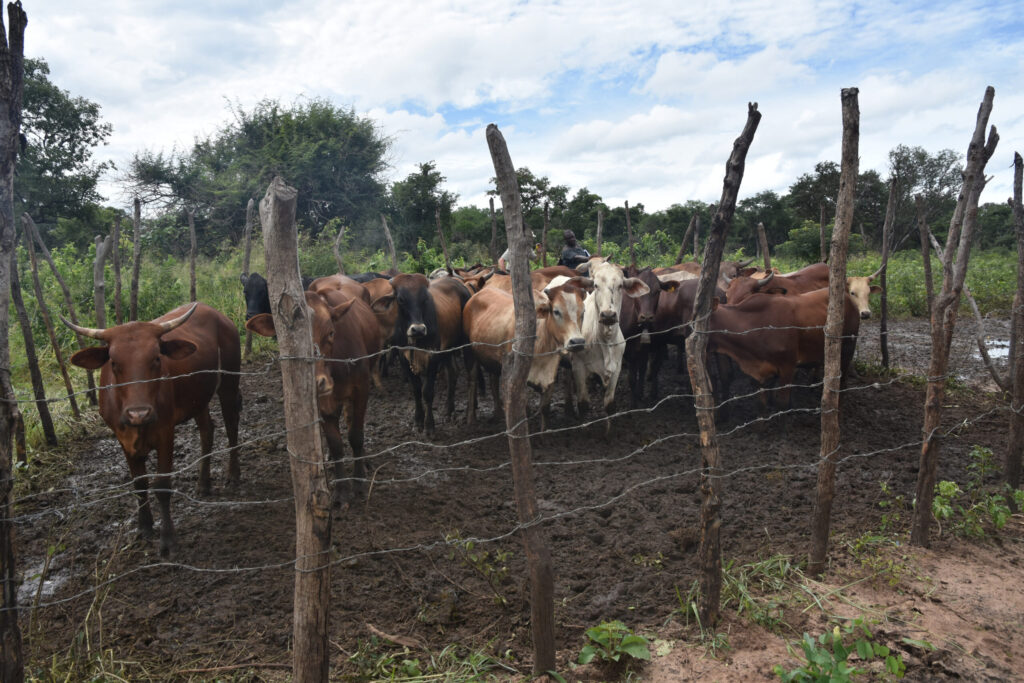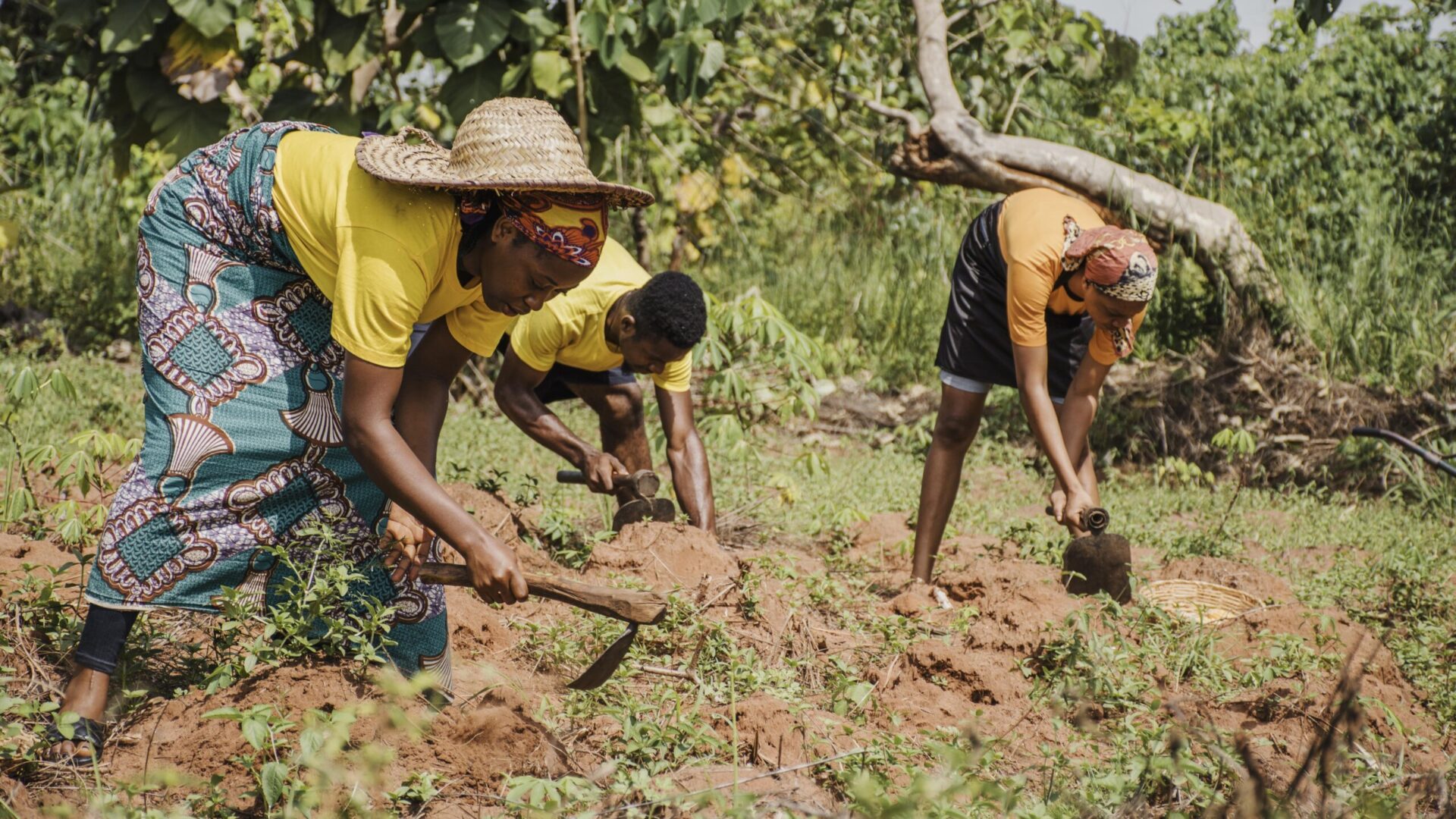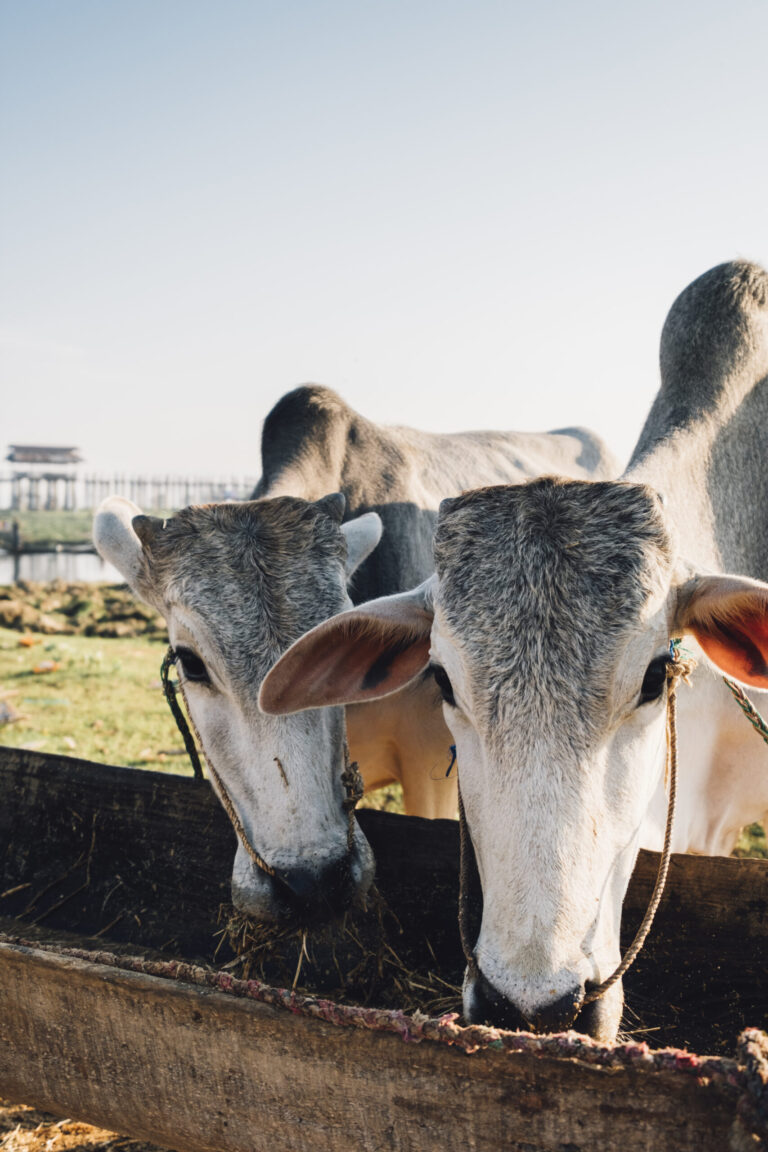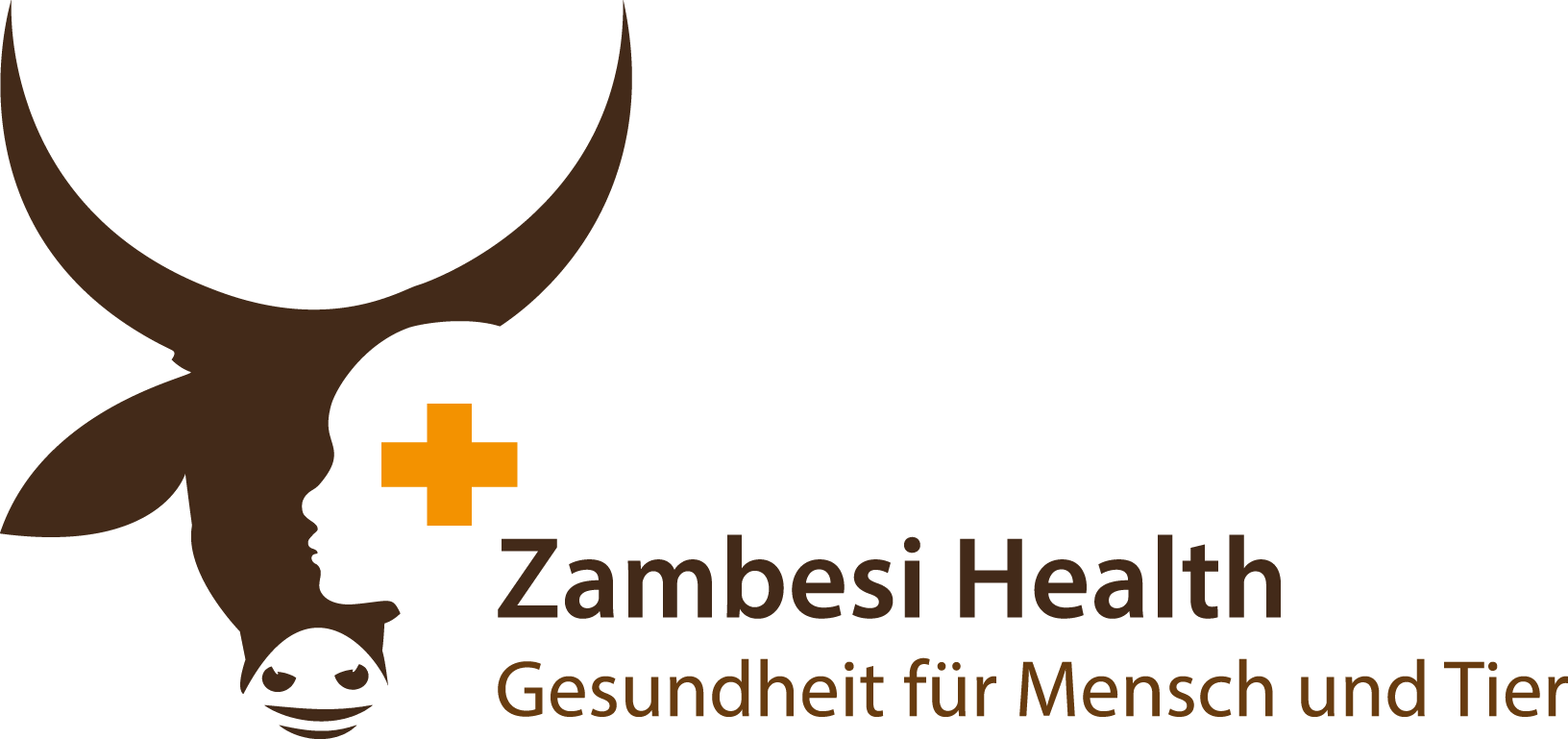Background to the region



The overall situation in southern Zambia
We take a comprehensive look at the current situation in southern Zambia, the political situation and the living conditions of the population. The focus is on issues such as poverty, education, healthcare and diseases. The effects of animal diseases and the climate in the region are also taken into account. Both the difficulties on the ground and the existing potential are highlighted.
Direct connection
Political situation:
Although Zambia has been considered relatively politically stable since democratization in the early 1990s, the people in the south of the country still face major challenges. The country is led by a democratically elected government that is committed to economic development and social justice. However, there is also criticism of the government in terms of transparency and the fight against corruption.
Poverty and disease:
Many people in Zambia live in poverty and have limited access to healthcare and education. Diseases such as HIV/AIDS and malaria are particularly widespread in rural regions. An inadequate medical infrastructure and a lack of preventive measures make the fight against infections more difficult. In addition, a lack of educational opportunities limits people’s prospects. Comprehensive investment in the health and education system is needed to effectively combat poverty and disease. This is the only way Zambia can realize the potential of its population and achieve sustainable social development.
People’s way of life:
The living conditions are simple, electricity and running water are the exception. People live in mud huts with thatched roofs. There are hardly any modern household appliances. Fireplaces are used for cooking. Health care and educational facilities are scarce. Many people cannot afford medical treatment. School visits remain a privilege. The children help with the work at an early stage. Despite the hardships, people in southern Zambia maintain traditional values and a strong community. Family cohesion and neighborly help are important foundations of life.
Special challenges in agriculture:
Agriculture in southern Zambia is facing a number of challenges. One of the main problems is the limited access to productive land. Many farming families only have small plots of land, which are becoming increasingly fragmented due to population growth and traditional inheritance rules. This makes it difficult to use modern agricultural practices and to grow enough food for own consumption and for sale.
Furthermore, agriculture in the region is heavily dependent on climatic conditions. Periods of dryness and drought can lead to crop failures and jeopardize the food security of the population. There is often a lack of sufficient irrigation systems and water storage methods to make agriculture more resilient to climatic fluctuations.
Another problem is the lack of technical know-how and modern agricultural technologies. Many farmers have limited access to information on improved cultivation methods, the use of fertilizers and pesticides and the marketing of their products. This leads to lower yields and limited income opportunities.
Situation of women:
The situation of women in southern Zambia is characterized by social and gender-specific inequalities. Although women play an important role in agriculture, they often have limited access to resources such as land, credit, education and technical support. Traditional gender roles and cultural norms limit their opportunities and lead to an unequal distribution of resources and work in agriculture.
However, women bear considerable responsibility for food production and the household. They play a key role in caring for families and ensuring food security. Despite this, their contributions are often not adequately recognized or economically rewarded.
There is a need for targeted measures to promote gender equality and strengthen the role of women in agriculture. This can be achieved through access to land rights, loans and educational opportunities as well as through the promotion of women’s organizations and networks. Equal participation of women in agricultural decision-making processes and the promotion of their leadership skills are also of great importance in order to improve their socio-economic situation.
Overall, the particular challenges in agriculture and the situation of women in southern Zambia are closely linked. Targeted support for women and the promotion of sustainable agricultural practices can increase productivity, which in turn leads to better food security and economic opportunities for the entire community.
Educational level:
The level of education in southern Zambia is low. There is a shortage of schools, teachers and educational materials. Many children do not have access to quality education, especially in rural areas. This has a negative impact on the future prospects of the younger generation.
Healthcare and diseases:
Healthcare in southern Zambia is inadequate. There is a shortage of medical staff, facilities and essential medicines. Infectious diseases such as malaria, HIV/AIDS and tuberculosis are widespread and pose serious health risks. Access to adequate healthcare is limited for many people.
Animal diseases:
Animal diseases such as rinderpest, anthrax and foot-and-mouth disease are a problem in the region. These diseases have an impact on livestock farming, which is an important source of income for many communities. Measures to monitor, prevent and treat animal diseases are necessary to protect people’s livelihoods.
Climatic conditions:
Southern Zambia is located in a region with changing climatic conditions. Dry spells and droughts can affect agriculture and lead to crop failures. Adapting to climate change and promoting sustainable agricultural practices are crucial to ensuring food security and people’s livelihoods in the long term.


Conclusion:
The overall situation in southern Zambia is characterized by various challenges. Poverty, a lack of educational opportunities, inadequate healthcare, widespread diseases and animal diseases as well as climatic changes are major obstacles to social and economic development. Targeted measures are needed to tackle these problems and offer the people of southern Zambia better prospects for the future. The focus should be on expanding clinics and schools, as well as promoting small businesses and modern, sustainable agriculture. If the potential of South Zambia can be exploited and the greatest challenges tackled at the same time, the region can develop positively. Close cooperation between government, business and civil society is the key. We at Zambesi Health are part of this.
Give African women farmers a future with your donation.
Become a member now
Become a member of our association and support innovative development cooperation! Together we can bring about real change.
